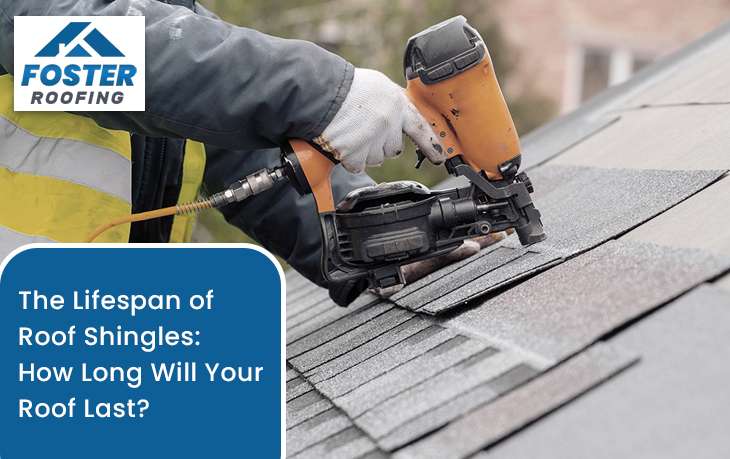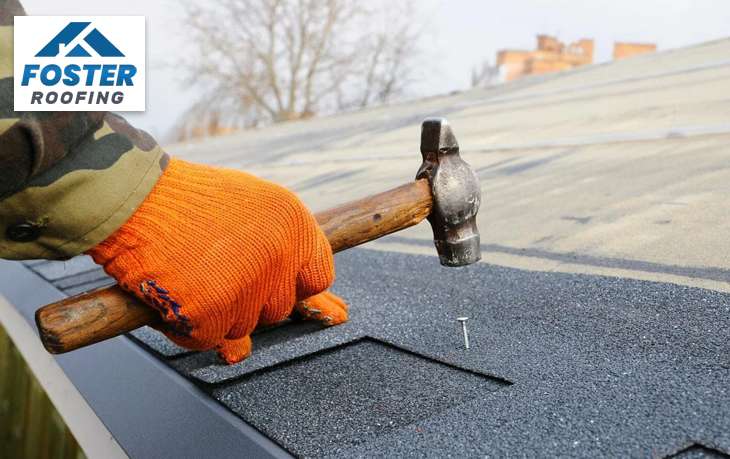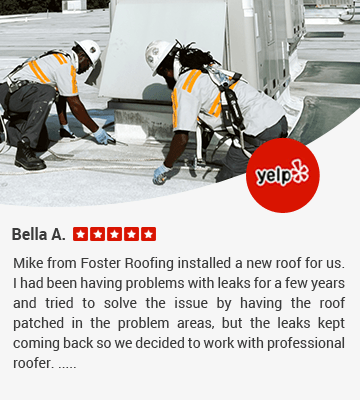The Lifespan of Roof Shingles: How Long Will Your Roof Last?
Roof shingles are an essential part of any house. They protect our homes from rain, snow, and harsh sunlight. But like everything else, roof shingles have a lifespan. This means they do not last forever and will need to be replaced at some point. Knowing how long your roof shingles will last can help you plan for repairs or replacements. This is important so that your house remains safe and secure. There are different types of roof shingles, such as asphalt, wood, metal, and tile. Each type has its own lifespan. Factors like weather, maintenance, and the quality of the shingles can affect how long they last. Let’s dive in and learn more about roof shingles and how long they can protect your house.

Types of Roof Shingles
There are several types of roof shingles, and each type has its own unique features and lifespan. Here are some of the most common types:
Asphalt Shingles
Asphalt shingles are the most popular type of roof shingles. They are made from a mix of asphalt and fiberglass. Asphalt shingles are affordable and easy to install. They come in many colors and styles. The average lifespan of asphalt shingles is 20 to 30 years. However, their lifespan can be affected by factors like weather conditions and maintenance. If you take good care of your asphalt shingles, they can last longer. Regular inspections and cleaning can help keep them in good condition.
Wood Shingles
Wood shingles are made from natural wood, usually cedar. They give a house a classic and natural look. Wood shingles are more expensive than asphalt shingles. They also require more maintenance to keep them in good condition. The average lifespan of wood shingles is 25 to 30 years. However, with proper care, they can last up to 50 years. It is important to clean and treat wood shingles regularly to prevent damage from moisture and insects.
Metal Shingles
Metal shingles are made from materials like steel, aluminum, or copper. They are very durable and can withstand harsh weather conditions. Metal shingles are also fire-resistant and energy-efficient. The average lifespan of metal shingles is 40 to 70 years. This makes them a long-lasting option for roofing. However, metal shingles can be more expensive than other types of shingles. Proper installation and maintenance are key to ensuring they last a long time.
Tile Shingles
Tile shingles are made from materials like clay or concrete. They are very strong and can last a long time. Tile shingles are often used in warm climates because they can withstand high temperatures. The average lifespan of tile shingles is 50 to 100 years. This makes them one of the longest-lasting types of roof shingles. However, tile shingles are heavy and may require extra support for your roof. Regular maintenance and inspections can help keep them in good condition.
Factors Affecting the Lifespan of Roof Shingles
Several factors can affect how long your roof shingles will last. Here are some of the most important ones:
Weather Conditions
Weather plays a big role in the lifespan of roof shingles. Extreme weather conditions, like heavy rain, snow, and strong winds, can cause damage to shingles. For example, in areas with a lot of snow, the weight of the snow can put pressure on the shingles and cause them to crack. In hot climates, the sun’s heat can cause shingles to dry out and become brittle. It is important to choose the right type of shingles for your climate. Regular inspections and maintenance can help identify and fix weather-related damage before it becomes a big problem.
Quality of Shingles
The quality of the shingles also affects their lifespan. High-quality shingles are made from better roofing materials and are more durable. They can withstand harsh weather conditions and last longer. It is worth investing in high-quality shingles because they will save you money in the long run. Cheap shingles may be affordable upfront, but they will need to be replaced more often. When choosing roof shingles, it is important to consider their quality and durability.
Maintenance
Proper maintenance is key to extending the lifespan of your roof shingles. Regular inspections can help identify any damage or issues early on. Cleaning your roof shingles regularly can prevent the buildup of debris and moss. Moss can retain moisture and cause shingles to rot. It is also important to fix any damage as soon as you notice it. Small issues, like a cracked shingle, can lead to bigger problems if left untreated. Taking good care of your roof shingles will help them last longer and keep your home safe.
Installation
Proper installation is crucial to the lifespan of roof shingles. Poor installation can cause shingles to become loose or damaged. It is important to hire a professional roofer to install your shingles. A professional will ensure that the shingles are installed correctly and securely. They will also make sure that the roof is properly ventilated. Good ventilation helps prevent moisture buildup and extends the lifespan of the shingles.

How to Extend the Lifespan of Your Roof Shingles
There are several steps you can take to extend the lifespan of your roof shingles. Here are some tips:
Regular Inspections
Regular inspections are important to identify any issues early on. It is a good idea to inspect your roof at least twice a year. Look for any signs of damage, like cracked or missing shingles. If you notice any issues, it is important to fix them as soon as possible. Regular inspections can help prevent bigger problems and extend the lifespan of your shingles.
Cleaning
Cleaning your roof shingles regularly can prevent the buildup of debris and moss. Use a soft brush or broom to remove leaves, dirt, and other debris from your roof. If you notice any moss or algae, you can use a mixture of water and mild detergent to clean it off. Avoid using harsh chemicals or pressure washers, as they can damage the shingles. Regular cleaning will help keep your roof in good condition and extend the lifespan of your shingles.
Repairing Damage
It is important to fix any damage to your roof shingles as soon as you notice it. Small issues, like a cracked shingle, can lead to bigger problems if left untreated. If you are not comfortable fixing the damage yourself, it is a good idea to hire a professional roofer. They can make sure that the repairs are done correctly and prevent further damage. Regular repairs can help extend the lifespan of your shingles and keep your roof in good condition.
Ventilation
Good ventilation is crucial to the lifespan of roof shingles. Proper ventilation helps prevent moisture buildup and keeps the shingles in good condition. Make sure that your roof has adequate ventilation to allow air to flow freely. This will help prevent issues like mold and rot, and extend the lifespan of your shingles.
The lifespan of your roof shingles depends on several factors, including the type of shingles, weather conditions, quality, maintenance, and installation. By choosing high-quality shingles, taking good care of them, and fixing any damage promptly, you can extend the lifespan of your roof and keep your home safe. Regular inspections, cleaning, and proper ventilation are key to maintaining your roof shingles. Understanding the lifespan of your roof shingles will help you plan for repairs or replacements and ensure that your home remains protected for years to come.



